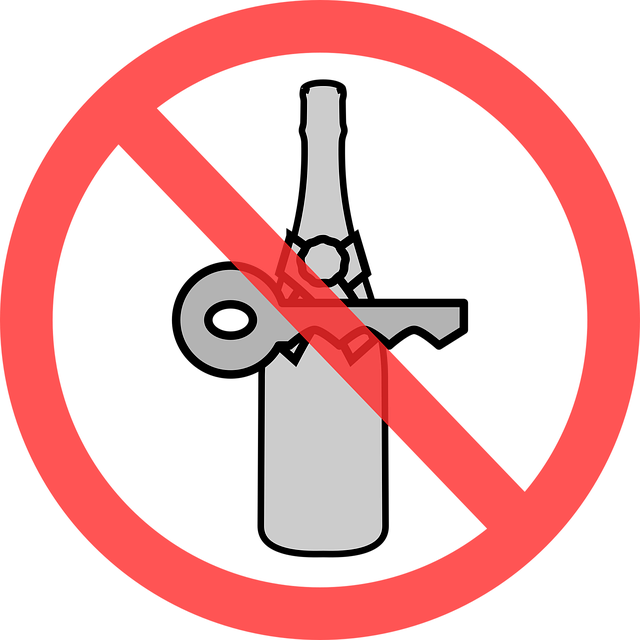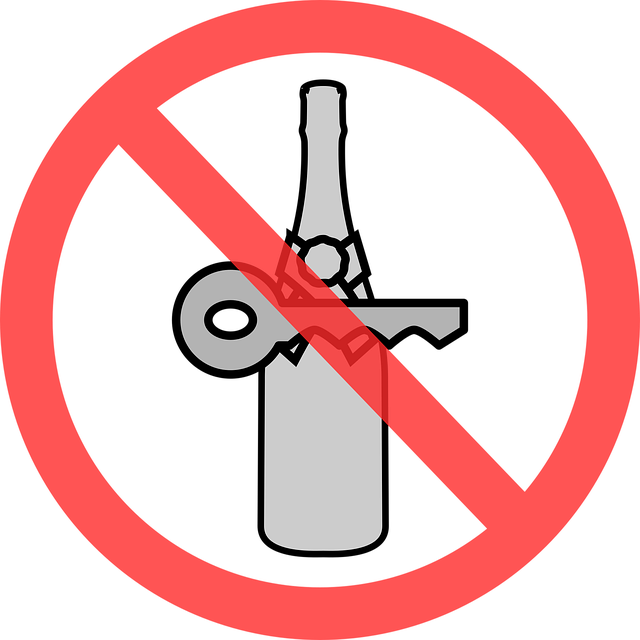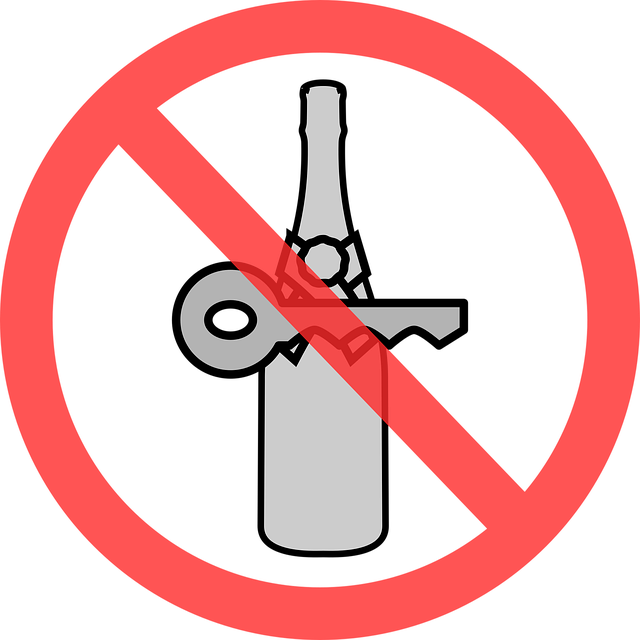Support Groups for DUI Offenders provide crucial safe spaces for sharing experiences, emotional support, and connecting with legal aid, rehab programs, and job assistance. These groups combat stigma, offer practical guidance on record clearance, facilitate personal growth, and empower individuals to overcome barriers in employment, ultimately fostering reintegration into society.
In many cases, a DUI offense can significantly hinder an individual’s future employment prospects, leading to a cycle of unemployment and reintegration challenges. This article delves into strategies aimed at clearing records and empowering DUI offenders to regain their professional standing. We explore key topics such as understanding the unique obstacles faced by these individuals, leveraging support groups for rehabilitation, building strong social networks, tackling workplace stigma and discrimination, and navigating legal considerations for record expungement. Additionally, practical strategies for securing post-conviction employment are provided, offering hope and guidance to those seeking a fresh start.
- Understanding DUI Offender Challenges
- The Role of Support Groups in Rehabilitation
- Building Social Networks for Employment Success
- Addressing Stigma and Discrimination in Workplaces
- Legal Considerations for Clearing Records
- Strategies for Securing Post-Conviction Employment
Understanding DUI Offender Challenges

Many individuals facing DUI charges often struggle with the challenges that come with having a criminal record, especially when it impacts their employment prospects. After serving their sentence, ex-offenders might find themselves facing an uphill battle to clear their names and secure stable jobs. This is particularly true for those convicted of DUI, as potential employers may be hesitant to hire someone with a history of impaired driving.
Support groups play a pivotal role in helping DUI offenders navigate these difficulties. These groups offer a safe space for individuals to share experiences, gain insights, and provide emotional support. They also facilitate connections with resources, such as legal aid, rehabilitation programs, and employment assistance. By joining these support networks, ex-offenders can develop coping strategies, regain their confidence, and improve their chances of reintegrating into the job market successfully.
The Role of Support Groups in Rehabilitation

Support groups play a pivotal role in the rehabilitation process for individuals who have been impacted by employment consequences, such as those facing challenges after a DUI (Driving Under the Influence) offense. These groups offer a safe and supportive environment where individuals can connect with peers who have gone through similar experiences. By sharing stories, strategies, and struggles, members gain valuable insights and encouragement, fostering a sense of community and understanding.
For DUI offenders, support groups provide a unique platform to address specific barriers they may face in securing employment, such as stigma, criminal record concerns, and rehabilitation needs. Through group discussions, individuals can learn from one another’s journeys, exchange coping mechanisms, and develop personal growth strategies. This collective approach enhances resilience and empowers members to take control of their futures, ultimately facilitating successful reintegration into the workforce.
Building Social Networks for Employment Success

Building social networks is a powerful tool for employment success, especially for individuals with a history of DUI offenses who may face unique challenges in reentering the workforce. Support groups for DUI offenders can serve as an invaluable resource, providing a safe space to connect with peers who have experienced similar struggles. These groups foster a sense of community and understanding, allowing members to share their journeys, offer advice, and provide emotional support. By participating in such networks, individuals can gain confidence in their ability to thrive after their conviction.
Furthermore, these support groups often include mentorship programs where successful individuals in the workforce guide those looking for employment. This mentorship not only offers practical career advice but also helps navigate potential biases employers might hold due to a DUI record. By actively engaging with these networks, offenders can enhance their employability, broaden their professional horizons, and ultimately secure more opportunities, leading to long-term success and positive reintegration into society.
Addressing Stigma and Discrimination in Workplaces

Many individuals with a history of DUI (driving under the influence) face significant challenges when entering or re-entering the workforce. Stigma and discrimination can create a toxic environment, hindering their opportunities for employment. This is particularly true as employers may overlook their potential and skills due to past mistakes. However, initiatives aimed at clearing records and providing support can make a substantial difference in these individuals’ lives.
Support groups for DUI offenders play a pivotal role in combating these workplace barriers. These groups offer not only emotional support but also practical guidance on navigating the legal process of record clearance. By fostering a sense of community, they empower individuals to take control of their futures and break free from the cycle of discrimination. With increased awareness and understanding, workplaces can become more inclusive, offering second chances to those who have paid their debt to society.
Legal Considerations for Clearing Records

When considering clearing records, especially for a charge like DUI (driving under the influence), legal considerations are paramount. In many jurisdictions, individuals with a DUI conviction face significant restrictions and challenges when seeking employment or certain licenses. This can create a complex web of laws and regulations that must be carefully navigated. For instance, some regions have specific statutes regarding expungement or sealing of records related to DUI cases.
Support groups for DUI offenders often play a crucial role in guiding individuals through this process. These groups provide resources and advice tailored to the legal complexities involved. They can help members understand their rights, explore options for record clearing, and ultimately, support their reintegration into society and the job market. Understanding the legal landscape is essential for anyone aiming to clear their DUI record, ensuring they make informed decisions with the help of such support networks.
Strategies for Securing Post-Conviction Employment

Securing employment after a conviction, especially for those with DUI offenses, can be challenging but is achievable with the right strategies and support. Many individuals face barriers when re-entering the job market due to their criminal history, but resources like Support Groups for DUI Offenders offer valuable assistance in this transition. These groups provide a network of peers who understand the unique challenges, offering encouragement and practical advice on updating resumes, preparing for interviews, and navigating potential employer concerns.
One effective approach is to focus on building a strong support system. Joining local or online communities specifically designed for individuals with DUI convictions can help in sharing resources, job leads, and personal experiences. Additionally, seeking professional guidance from career counselors specializing in criminal justice reform can provide tailored strategies for presenting one’s skills and mitigating the impact of a conviction on future employment prospects.
Clearing DUI records and achieving employment success after a conviction is a multifaceted process that requires understanding, support, and advocacy. By addressing the unique challenges faced by DUI offenders, leveraging support groups like those tailored for DUI offenders, building robust social networks, and navigating legal considerations, individuals can clear their records and secure fulfilling careers. Remember that overcoming stigma and discrimination in workplaces is key to fostering inclusive environments and offering second chances. With the right strategies and resources, including access to Support Groups for DUI Offenders, it’s possible to rewrite one’s narrative, achieve personal growth, and gain employment opportunities that support a brighter future.






